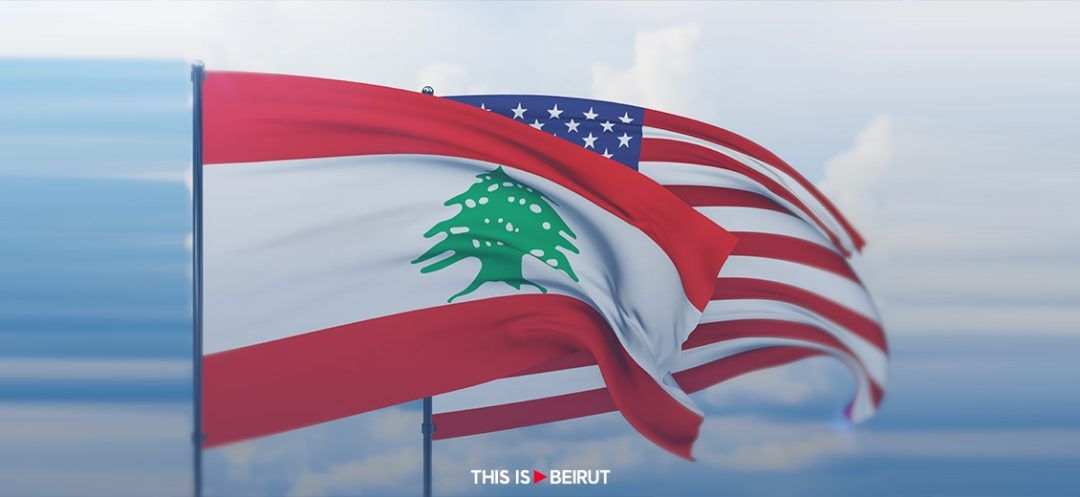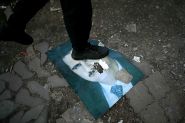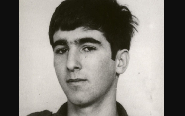
US Ambassador to Lebanon Lisa Johnson, who recently returned from Washington after consultations with her administration, reportedly carried a shortlist of highly qualified presidential candidates, carefully kept under wraps and numbering no more than a select few. These candidates are expected to meet political parties at a strategically chosen moment. Meanwhile, the Quintet’s ambassadors, including France, US, Saudi Arabia, Qatar and Egypt, are expected to contact Parliament Speaker Nabih Berri and other key political figures in this regard.
The Quintet’s statement, issued following their recent meeting at the US embassy, underscored the pressing need to elect a President to ensure Lebanon's active participation in an international peace conference on the region before July, and to secure a future diplomatic agreement regarding its southern borders.
The statement, deemed by informed sources as a "roadmap to meet the electoral deadline," provides for specific consultations to determine a widely accepted candidate or agree on a shortlist of candidates, followed by an open election session with consecutive rounds until a new head of state is elected.
But the pro-Iranian party will not move a finger on the presidential file before receiving the greenlight from Iran following an agreement with Washington. Thus, the election hinges on an American-Iranian consensus, a process initiated last week in the Sultanate of Oman and ongoing with meetings in Doha between officials from both countries.
Hezbollah is overtly serving the Iranian agenda and that of the obstructionist axis, also known as the "Moumanaa," and putting Tehran’s interests ahead of Lebanon's national interests, destiny and future. The country is effectively coerced by Iran’s ambitions and regional strategy seeking to engage in negotiations with Washington, where the "decisions" regarding the region are made. For this reason, the Shiite duo Amal-Hezbollah –especially the latter–, have thwarted several French attempts to end the presidential deadlock.
Hezbollah used every possible means to prevent the election of a president, putting the blame on the opposition forces and Christian leaders. It also obstructed French, Qatari and other initiatives, awaiting Washington to step in to help resolve the crisis. In the meantime, the Shiite party remains adamant: there will be no discussions on any issue until a ceasefire agreement is reached in Gaza.
According to political sources close to Hezbollah, Lebanon’s southern front will remain "active" (against Israel) pending a ceasefire. A Hezbollah official was quoted as saying, "The only way for Lebanon to have a President is in the event of a ceasefire agreement in Gaza."
Meanwhile, and despite failed negotiations aimed at achieving a ceasefire in Gaza, diplomatic efforts are persisting in Cairo and Doha. Washington’s efforts, as well as attempts by Western capitals, proved unsuccessful in convincing Israeli Prime Minister Benjamin Netanyahu to adhere to a ceasefire. The Israeli premier rejected Egypt’s ceasefire proposal, which was endorsed by Hamas, claiming that it overly favors the Palestinian movement’s conditions. Instead, he went ahead with an offensive in Rafah, aiming to secure a strategic advantage (by exerting significant pressure on Hamas) and bolster his position in advance of a potential military reprieve, which would ultimately lead to talks regarding the situation in Gaza.
This tactic intensified divisions within the Israeli public, with growing opposition to Netanyahu's policies. In fact, there are increasing calls for his resignation and the formation of a moderate government that would endorse a two-state solution, deemed as a crucial step towards normalization and comprehensive peace.
Read more



Comments